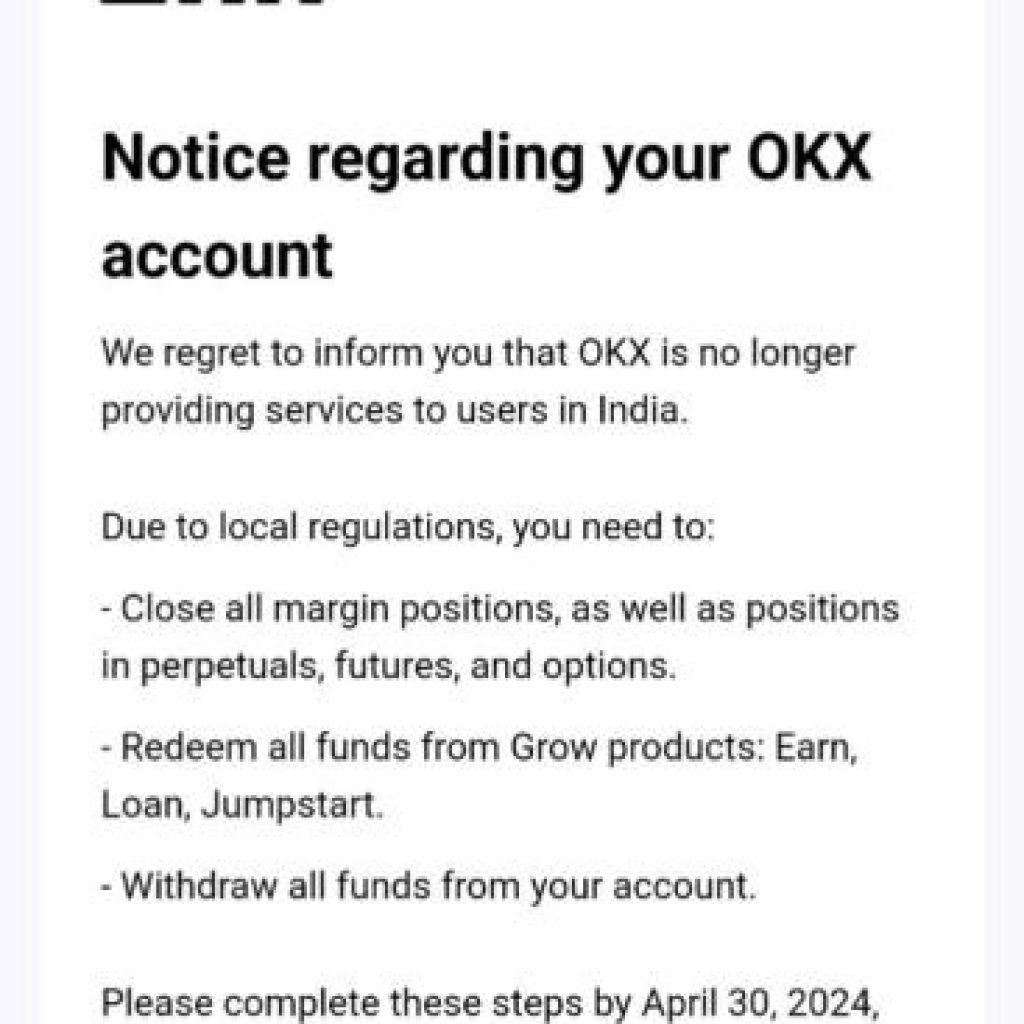Chairman of the Securities and Exchange Commission (SEC) Gary Gensler testified before the House Financial Services Committee on Wednesday, staunchly defending his agency’s role as the crypto market’s policing officer.
Gary Gensler elaborated on the SEC’s authority under the securities laws and its function in the economy. He did not mention significant legal setbacks that might cast doubt on his testimony.
Gary Gensler remains hell-bent on regulating crypto
Gary Gensler argued at length in his testimony for what he saw as a clear mandate for SEC supervision of the crypto markets.
If US legislators in the past intended for securities laws to provide a regulatory framework for stocks and bonds primarily or exclusively, they would have said so. And the Securities Exchange Act of 1934 would have contained explicit language to that effect.
Congress could have said in 1933 or 1934 that the securities laws applied only to stocks and bonds. Yet Congress included a long list of 30-plus items in the definition of a security, including the term ‘investment contract.’
Gary Gensler
Gensler then referred back to previous statements in which he argued that the “vast majority” of crypto investment tokens are securities. Assuming the existence of an investment contract.
A claim that a US District Court judge explicitly rejected in a 34-page ruling in July of this year.
Clauses of the Securities Act requiring exchanges, brokers, and dealers to register or satisfy exemption requirements “have been on the books for decades,” he continued.
According to Gary Gensler, the turmoil that has dominated the news in recent months is due to the crypto industry’s “extensive noncompliance” with the securities laws.
A reference to the controversies surrounding the defunct exchanges FTX, Three Arrows Capital, and Celsius. He added an attempt to tarnish the entire industry by portraying such failures as typical. Gensler implied that every crypto exchange in operation today is an embryonic FTX.
We’ve seen this story before. It’s reminiscent of what we had in the 1920s before the federal securities laws were put in place.
Gary Gensler
Gensler’s testimony seems oddly selective in light of the fact that a landmark legal decision directly pertaining to these issues was issued in July.
He stated he was unable to comment “on any active, ongoing litigation.” Perhaps attempting to deflect any objection that Gensler neglected to mention the 13 July ruling by Judge Analisa Torres.
The judge took Ripple’s side against the SEC. Finding that public exchange sales of Ripple’s XRP token do not constitute securities, while institutional investor sales do.
US House committee leadership threatens to subpoena SEC over FTX docs
While Gensler remains adamant that the SEC is the best crypto cop in town, Chairman of the United States House Financial Services Committee Patrick McHenry has hinted that he may attempt to subpoena the Securities and Exchange Commission (SEC) for documents pertaining to former FTX CEO Sam Bankman-Fried, or SBF.
McHenry alleged in a Sept. 27 oversight hearing that SEC chair Gary Gensler had attempted to “choke off the digital asset ecosystem” in addition to “refusing to be transparent with Congress” regarding connections between the SEC, FTX, and SBF.
Given SBF’s previously scheduled appearance before Congress, the committee head stated that the government body had “made multiple requests” for documents pertaining to the arrest’s timing.
Seven months later, the committee has not received a single non-public document that was not part of a [Freedom of Information Act] production. As I said, our patience is wearing thin […] I do not want to be the first chairman of this committee to issue a subpoena to the Securities and Exchange Commission.
Patrick McHenry
While McHenry’s introductory statement at the hearing centered on digital assets and oversight, ranking member Maxine Waters expressed concern over how a potential government shutdown could impact the SEC’s capabilities.
Gary Gensler stated that if U.S. legislators were unable to reach a spending agreement by September 30, approximately 92-93% of SEC employees would be suspended.





